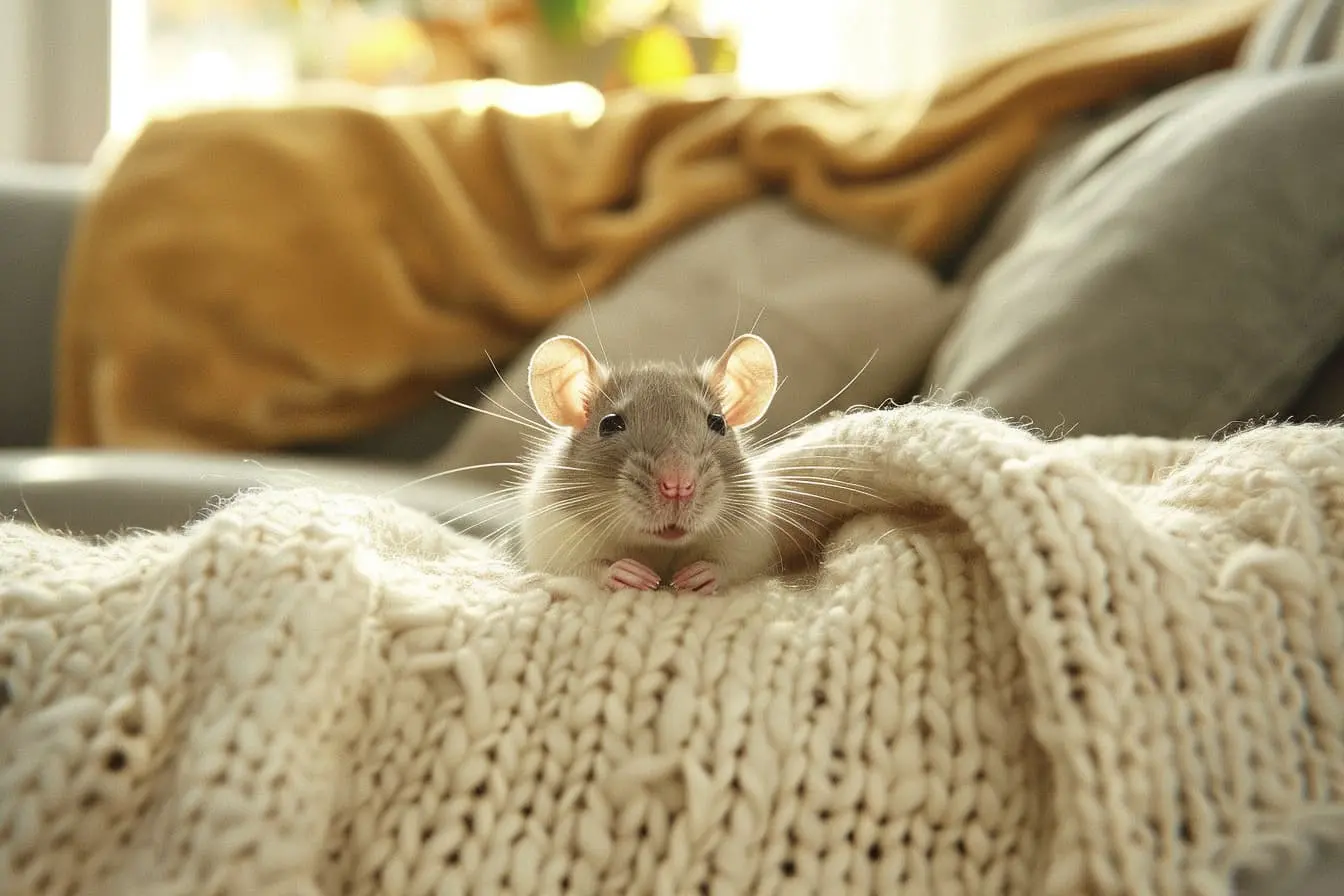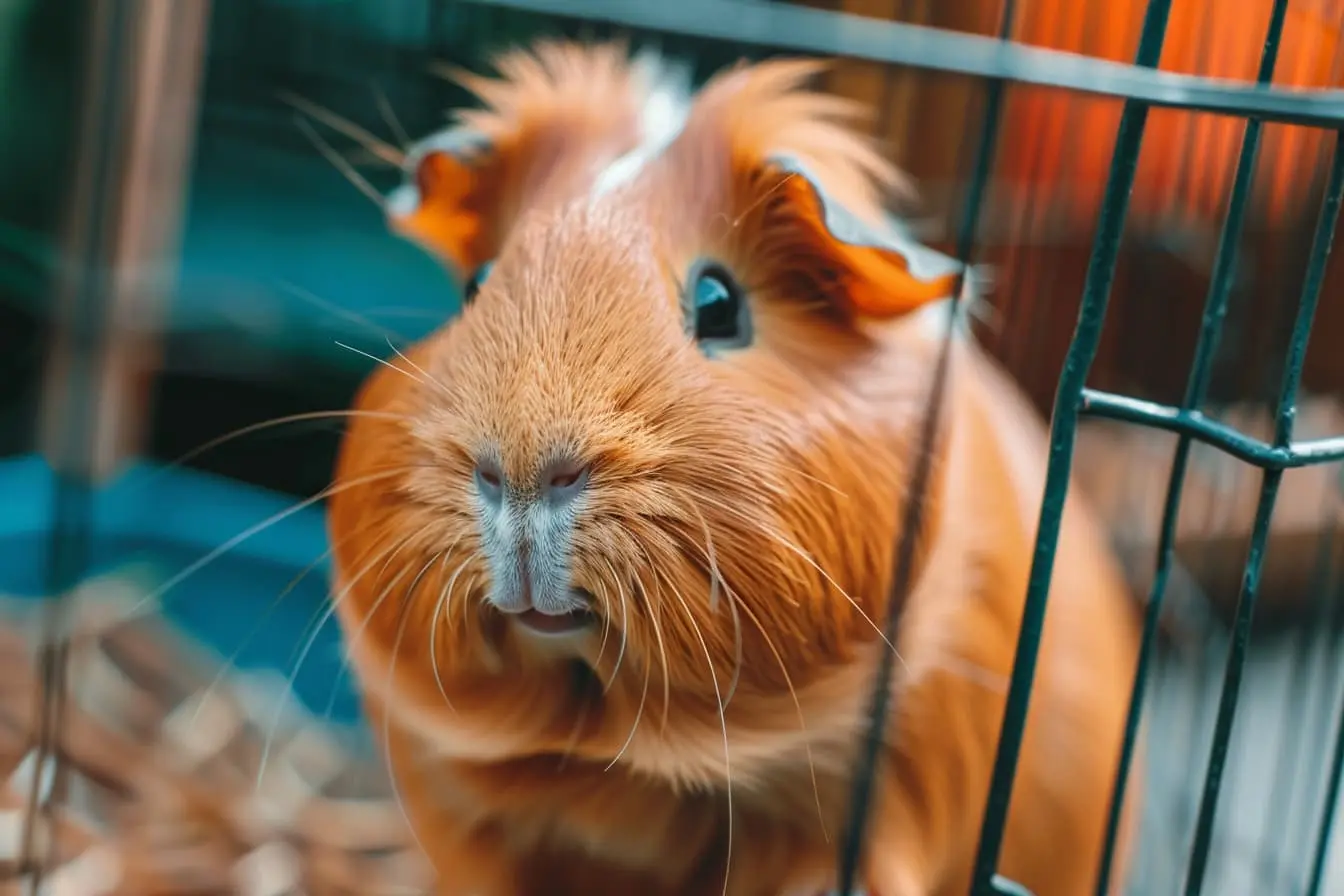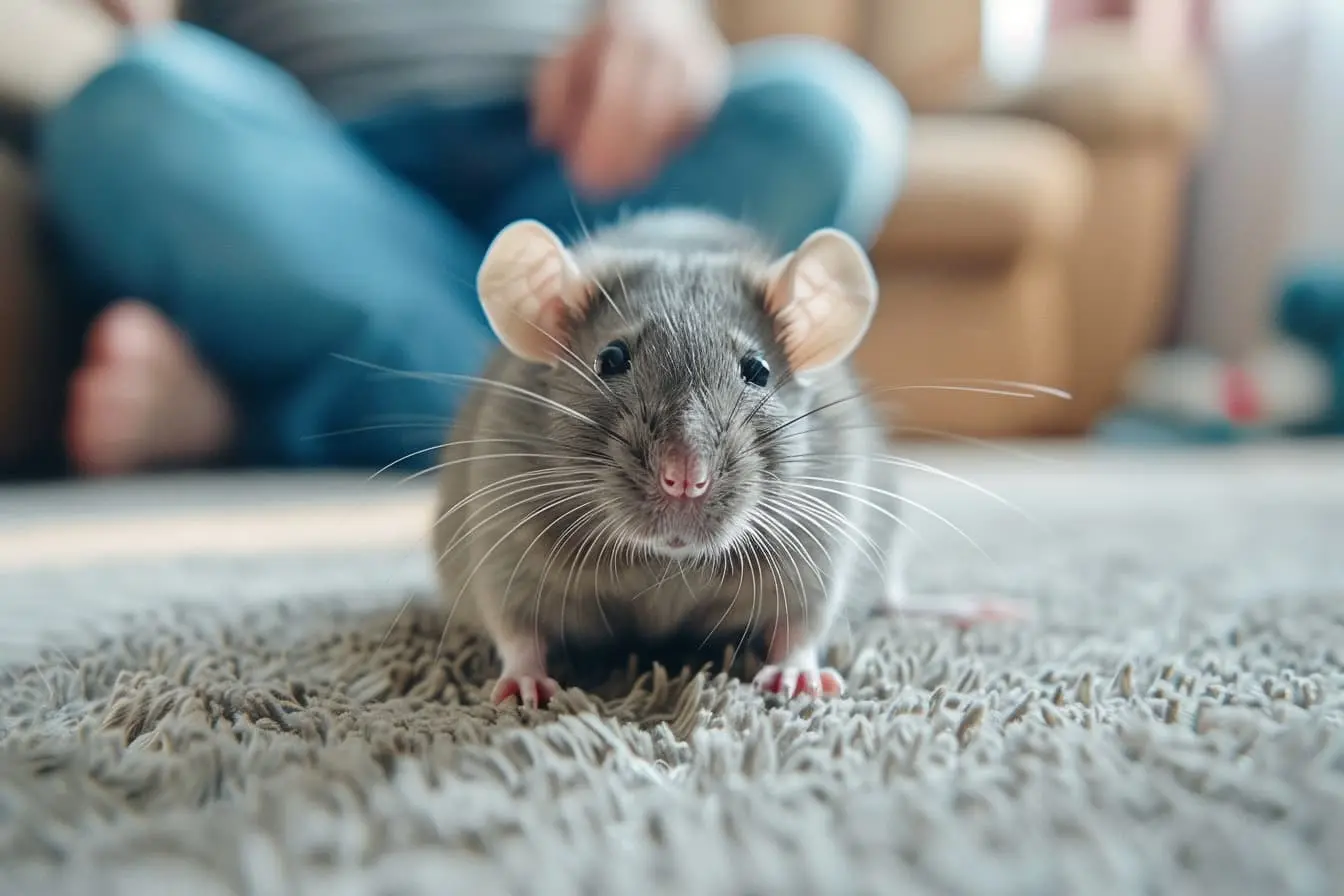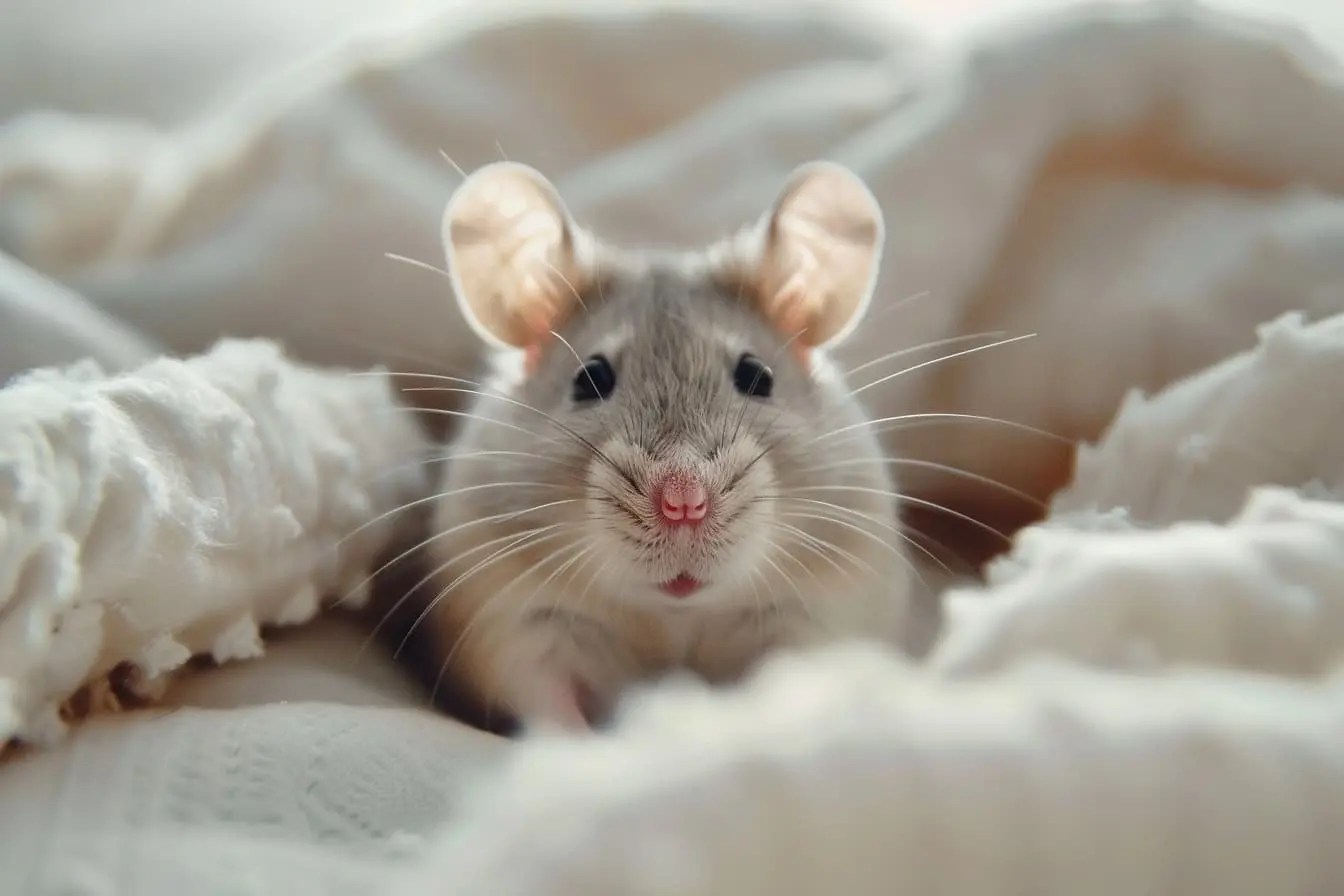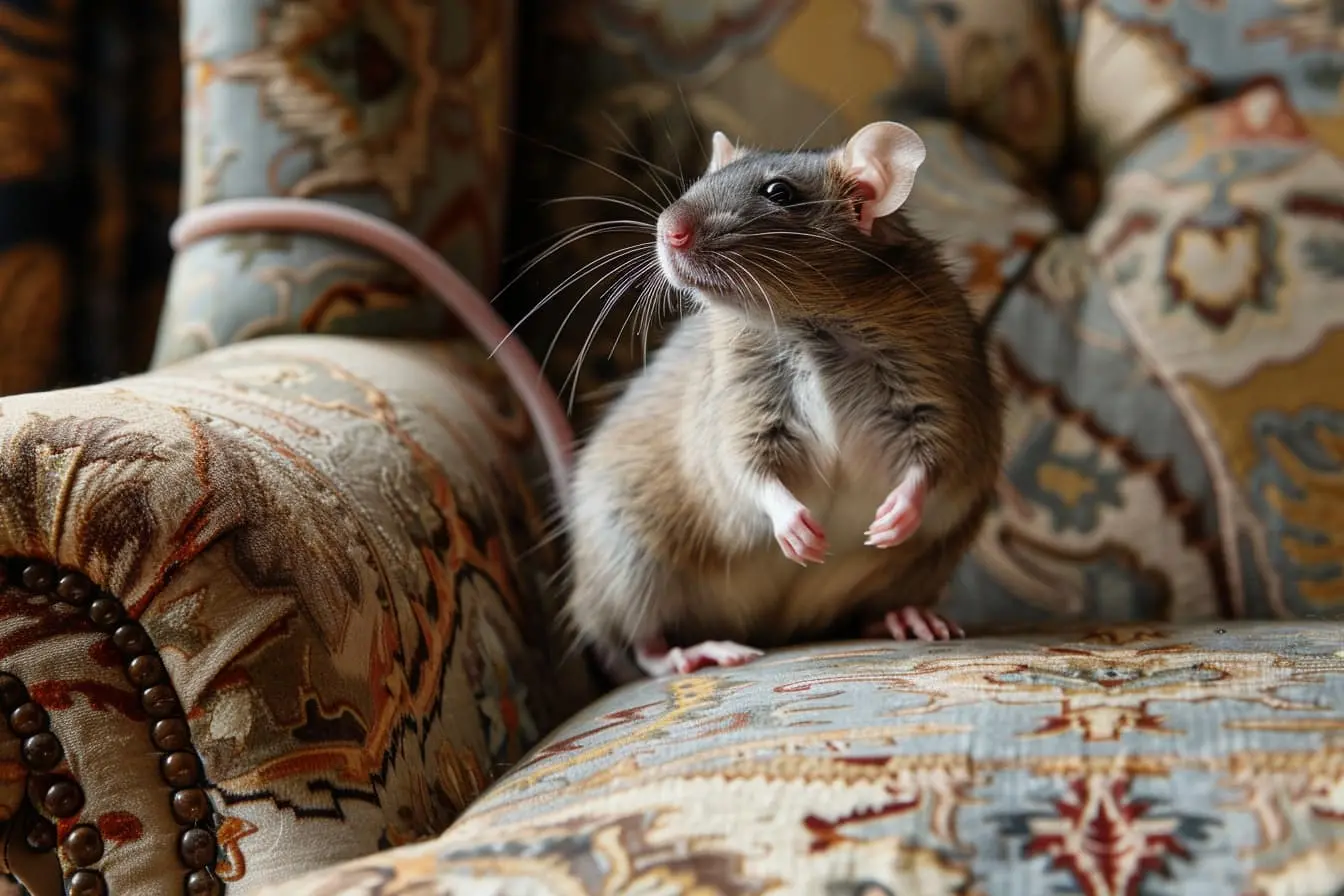
The Essential Guide to Rat Grooming for New Owners
Rats are intelligent, social animals that make wonderful pets. They have a reputation for being clean and often groom themselves throughout the day. However, as a new rat owner, there are several grooming practices you can perform to ensure your pet remains happy and healthy. This guide will walk you through the essentials of rat grooming, from coat care to nail trimming, so you can provide the best care for your new furry friend.
Understanding Your Rat’s Grooming Needs
First and foremost, it's important to recognise that rats are fastidious groomers. They dedicate a significant portion of their day to cleaning themselves and their cage mates. Despite their self-grooming habits, there are ways you can help keep your rat in top condition.
Coat Care and Bathing
Rats have different coat types, from standard to rex, hairless, and satin, each requiring different levels of care:
- Standard and satin coats are relatively low-maintenance. A soft brush can be used weekly to remove loose fur and stimulate the skin.
- Rex coats may benefit from occasional gentle brushing to help manage any curl or frizz.
- Hairless rats do not require brushing but should be checked regularly for dry skin or irritations.
Bathing should be a rare occurrence for rats, as it can strip their coat of natural oils and cause stress. Only bathe your rat if they become particularly dirty and cannot clean themselves, using a mild pet-safe shampoo and warm water. Always ensure they are thoroughly dried and kept warm afterwards.
Nail Trimming
While rats usually wear down their nails naturally through regular activity, some may need occasional trimming to prevent overgrowth that can lead to discomfort or difficulty walking. Use a small animal nail clipper, and be careful to avoid the quick, which can bleed if cut. If you're unsure about doing this yourself, seek advice or assistance from a vet.
Ear and Tail Care
Rats' ears can gather dirt and wax, and their tails can accumulate oils and dirt. You can clean their ears gently with a soft, damp cloth or cotton bud, taking care not to insert it into the ear canal. For their tails, use a damp cloth with mild soap to gently wipe away any buildup. This is especially important for hairless rats, as they can accumulate more oil.
Dental Health
A rat's teeth grow continuously throughout its life, so providing plenty of chew toys and materials is essential for maintaining dental health. Hard foods, wooden blocks, and safe chew toys encourage natural tooth wear and keep their teeth from becoming overgrown.
Environmental Hygiene
Part of grooming your rat also involves maintaining a clean and hygienic living environment. Regularly clean their cage, replace bedding, and ensure food and water sources are fresh. This prevents the buildup of harmful bacteria and parasites that could affect your rat's health.
Social Grooming
Grooming can also be a social activity that helps bond you with your rat. Gentle handling, brushing, and even talking to your rat during grooming sessions can help build trust and a strong relationship between you and your pet.
Final Thoughts
Grooming your rat is not just about physical care; it's also an opportunity to observe and interact with your pet closely. It allows you to check for any signs of health issues and ensure your rat is comfortable and content. Remember, each rat has its own personality and preferences, so adapt your grooming routine to suit your pet's needs and reactions. With patience and regular care, grooming can become a pleasant and rewarding experience for both you and your rat.
Vets near you
Speciality vets
- Aquatics vet specialists
- Birds vet specialists
- Camelids vet specialists
- Cats vet specialists
- Cattle vet specialists
- Deer vet specialists
- Dogs vet specialists
- Equines vet specialists
- Exotic vet specialists
- Goats vet specialists
- Pigs vet specialists
- Poultry vet specialists
- Sheep vet specialists
- Small Mammals vet specialists
- Wild vet specialists
Vet facilities
- Accessible by public transport
- Blood testing
- Car park nearby
- Client car park
- Dentistry
- Diagnostic imaging
- Disabled public access
- Flea and worm treatments
- Microchipping
- Mobile services
- Neutering
- Open at weekends
- Out-of-hours service
- Referral interests
- Referrals only
- Street parking outside
- Toilets available
- Vaccinations
